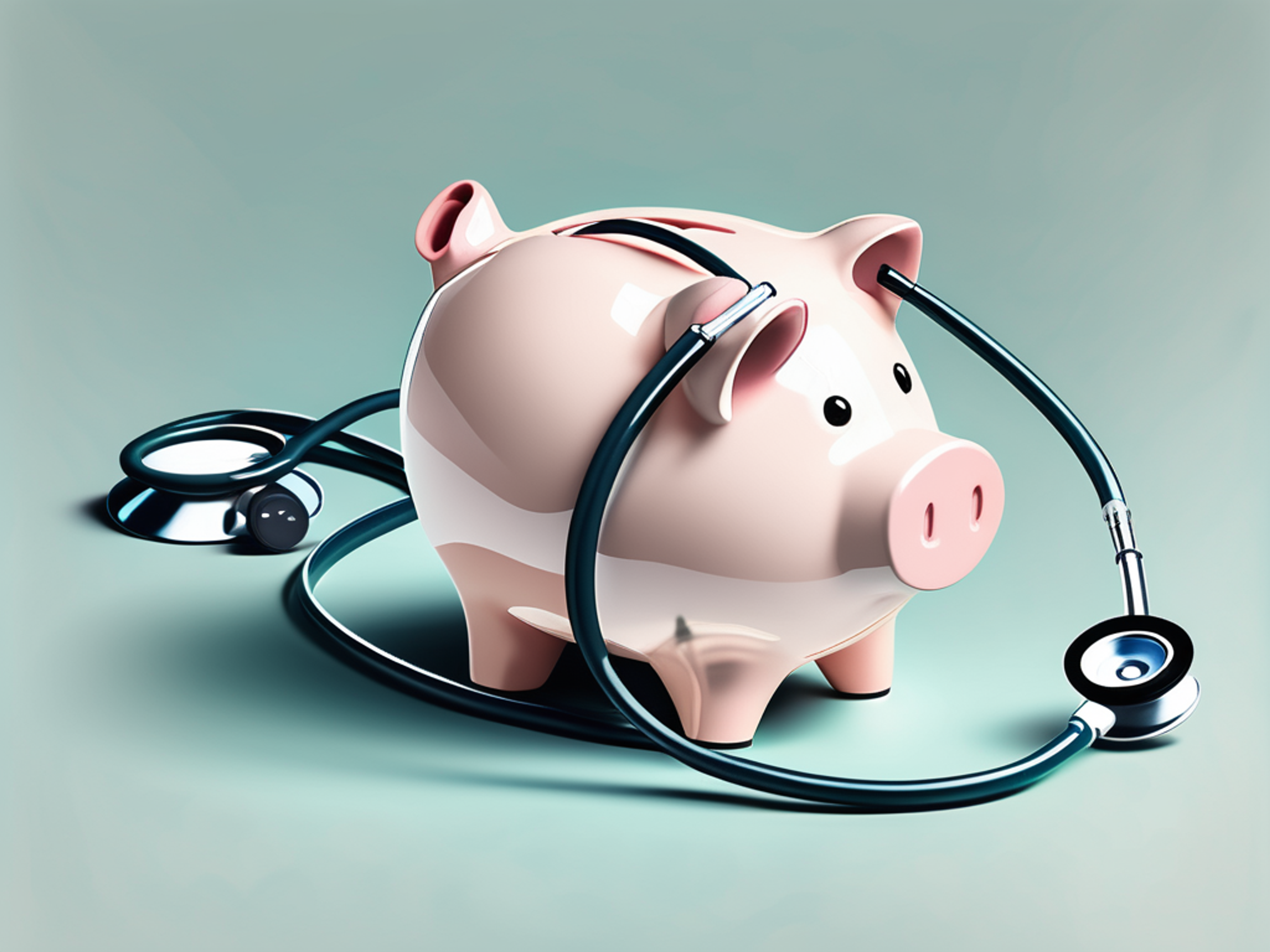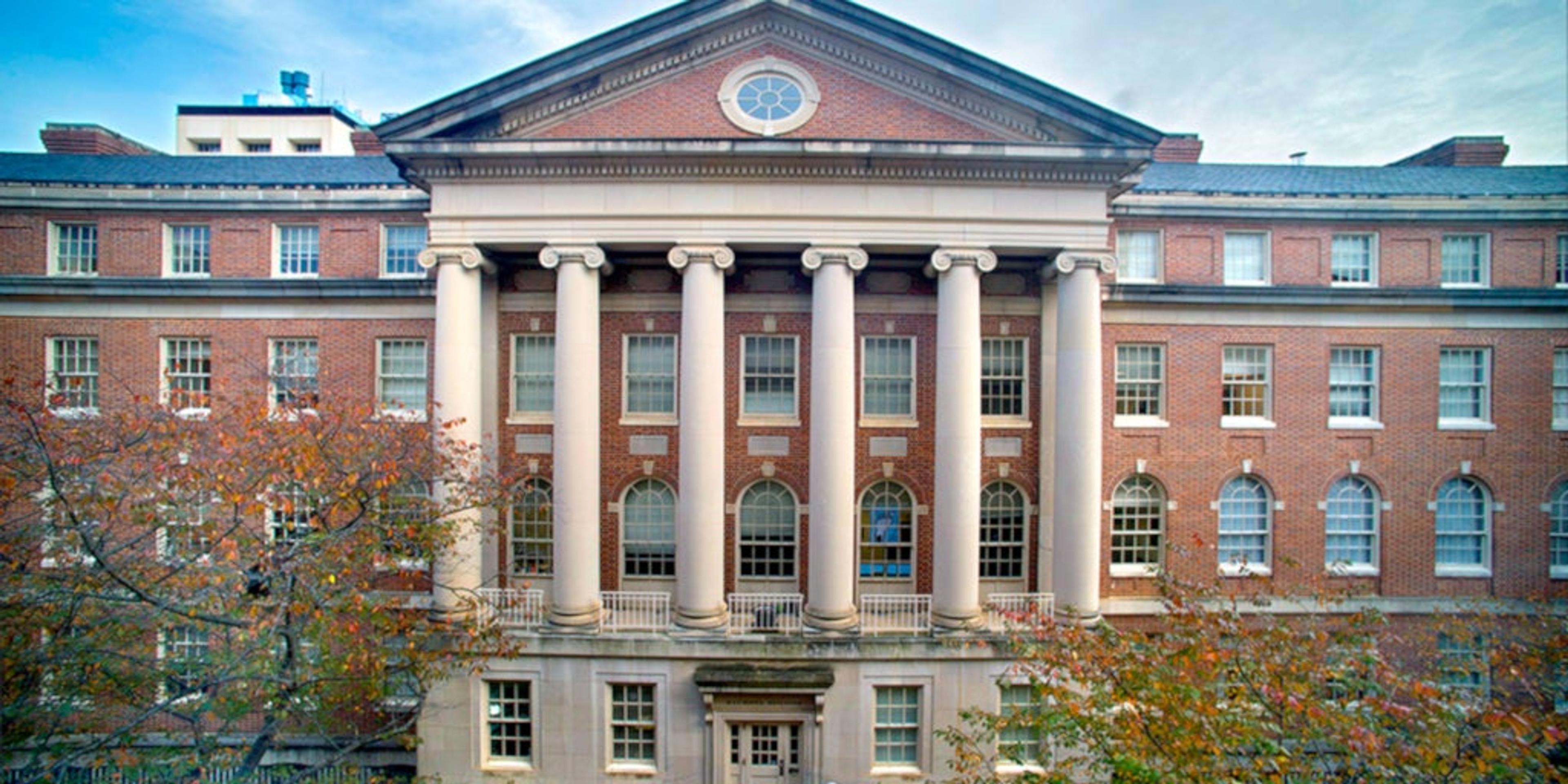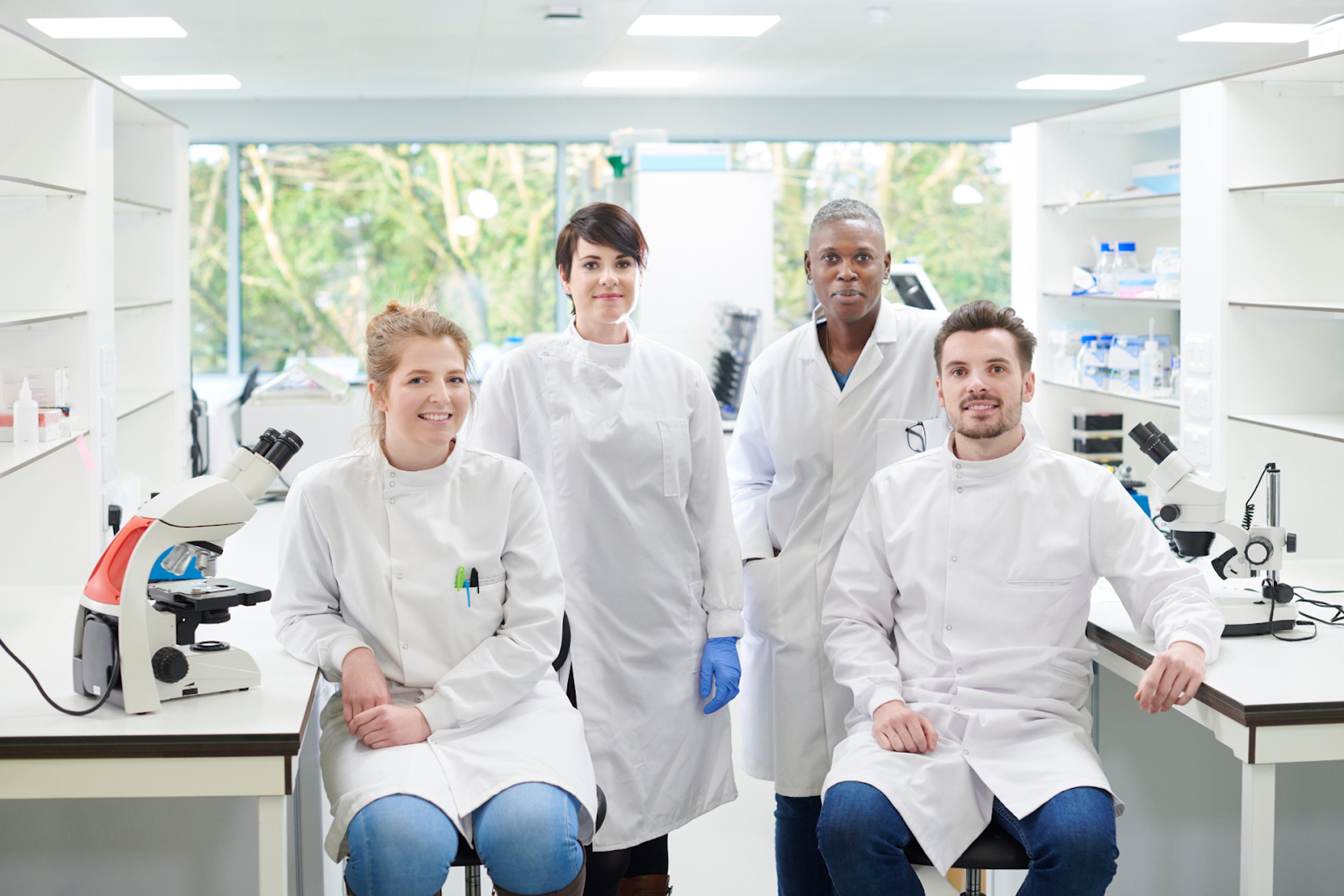Medical School Early Assurance Programs: 2024 Guide
Looking to secure your spot in medical school early on? Our comprehensive guide to medical school early assurance programs for 2024 is your go-to resource for understanding the application process, requirements, and benefits.
Posted April 10, 2025

Table of Contents
In your quest to become a doctor, the path to medical school seems like a daunting journey. However, there are alternatives to the traditional pre-med track that can provide a smoother and more secure path towards your dream career. One such option is the Medical School Early Assurance Program. In this comprehensive guide, we will explore the key aspects of these programs and provide valuable insights for aspiring medical students like yourself.
Overview of Early Assurance Programs
Early Assurance Programs, also known as EAPs, are a type of program offered by some medical schools that allow undergraduate students to secure a spot in medical school before they even graduate. These programs aim to identify talented and committed students early on in their academic journey and provide them with a guaranteed pathway to medical school admission. By eliminating the stress of the traditional application process, EAPs offer students a sense of security and allow them to focus on their studies.
What exactly does it mean to be part of an Early Assurance Program?
Typically, EAPs are open to motivated undergraduate students with a strong academic record and a genuine passion for medicine. The specific eligibility criteria may vary between programs, so it is essential to thoroughly research the requirements and prerequisites of each program you are considering.
One of the key benefits of Early Assurance Programs is the opportunity for students to gain early exposure to the medical field. Through mentorship programs, shadowing experiences, and research opportunities, EAP participants can start building their professional network and gaining valuable insights into the medical profession. This early exposure not only helps students confirm their career choice but also allows them to develop a deeper understanding of the challenges and rewards of a career in medicine.
Early Assurance Programs often provide students with additional support and resources to enhance their academic and personal development. These programs may offer specialized advising, workshops, and seminars tailored to the needs of aspiring medical professionals. By providing a supportive community of like-minded individuals, EAPs foster a collaborative learning environment that encourages students to excel academically and grow personally.
Another advantage of Early Assurance Programs is the opportunity to participate in unique extracurricular activities and service projects. Many EAPs have partnerships with local hospitals, clinics, and community organizations, allowing students to engage in meaningful volunteer work and make a positive impact on their communities. These experiences not only strengthen students' resumes but also help them develop essential skills such as empathy, teamwork, and leadership.
Additionally, being part of an Early Assurance Program can open doors to research opportunities and summer internships in the medical field. Medical schools often have established research programs, and EAP participants may have the chance to work alongside renowned researchers and contribute to cutting-edge scientific discoveries. These research experiences not only enhance students' knowledge and skills but also make them more competitive applicants when applying for medical school.
It is important to note that Early Assurance Programs are not a guaranteed ticket to medical school. While these programs offer a pathway to admission, students must still meet certain requirements during their undergraduate studies to maintain their eligibility. These requirements typically include maintaining a minimum GPA, completing specific prerequisite courses, and achieving a competitive score on the Medical College Admission Test (MCAT).
Early Assurance Programs provide a unique opportunity for undergraduate students who are passionate about medicine to secure a spot in medical school before they graduate. These programs offer numerous benefits, including early exposure to the medical field, additional support and resources, engagement in meaningful extracurricular activities, and access to research opportunities. However, it is crucial for students to thoroughly research and understand the requirements of each program to ensure they can meet the expectations and maintain their eligibility throughout their undergraduate studies.
Benefits and Eligibility
Participating in an EAP offers a range of benefits for aspiring medical students. Firstly, it provides peace of mind knowing that you have a guaranteed spot in medical school, assuming you meet the program's stipulated requirements. This assurance allows you to plan ahead and make well-informed decisions during your undergraduate years.
Moreover, EAPs often provide students with additional resources and support, such as mentoring, advising, and early exposure to clinical experiences. These opportunities can give you a head start in building your medical portfolio and developing the necessary skills and knowledge required in the field.
While the specific eligibility requirements may vary, EAPs generally consider applicants who demonstrate exceptional academic performance, an aptitude for scientific inquiry, and a strong commitment to community service and leadership. Most programs also require applicants to have successfully completed a set of required prerequisite courses in biology, chemistry, physics, and other related disciplines.
2024 Early Assurance Program List
For the year 2024, several reputable medical schools across the United States are offering Early Assurance Programs. Here are a few notable programs:
- Johns Hopkins University School of Medicine Pre-Med Scholars Program
- Stanford University School of Medicine Summer Health Professions Education Program
- Yale School of Medicine Medical Scholars Program
It is crucial to note that this list is not exhaustive, and there are numerous other EAPs available. Research thoroughly and consider program-specific factors such as location, curriculum, and support services to find the best fit for your aspirations and goals.
6 Application Strategies for Success
Securing a spot in an EAP can be highly competitive. As such, it is essential to approach the application process strategically. Here are a few tips to increase your chances of success:
- Start Early: Research and familiarize yourself with various programs as early as possible, ideally during your freshman or sophomore year of undergraduate studies.
- Academic Excellence: Prioritize maintaining a strong academic record throughout your undergraduate studies. Aim to excel in your coursework and take advantage of opportunities for advanced research and independent study.
- Build a Well-Rounded Profile: In addition to academic achievements, engage in extracurricular activities that demonstrate your commitment to community service, leadership, and teamwork.
- Shadowing and Volunteer Experiences: Gain hands-on experience in the medical field by shadowing physicians and volunteering in healthcare settings. These experiences showcase your dedication and help validate your interest in medicine.
- Letters of Recommendation: Forge meaningful relationships with professors, advisors, or professionals in the field who can provide strong letters of recommendation that highlight your attributes and potential.
- Craft a Genuine Personal Statement: Your personal statement should reflect your passion for medicine and your unique journey. Be authentic and highlight experiences that have shaped your desire to pursue a career in healthcare.
Remember, the competition for EAP spots can be fierce. Putting in the effort to excel academically, actively engaging in extracurricular activities, and carefully crafting your application materials are all crucial steps to maximize your chances of success.
As you embark on your journey towards medical school, exploring the opportunities offered by Early Assurance Programs can be a game-changer. These programs provide an alternative pathway that can alleviate some of the stress associated with the traditional medical school application process. With careful research, strategic planning, and dedication, you can set yourself up for success and make your dreams of becoming a doctor a reality.
Read these next: The Ultimate Guide to the Medical School Application Process , How Many Hours of Research for Medical School? A Comprehensive Guide, and Is Med School Worth It? Weighing the Pros and Cons











